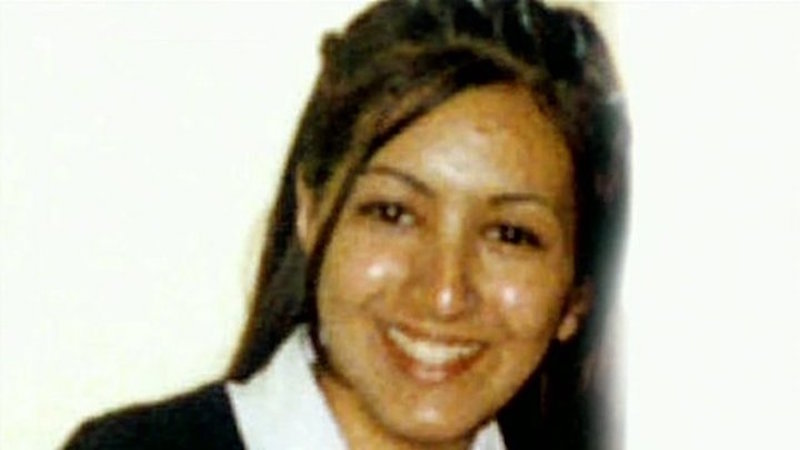Shame-based issues #5 – Honour-based violence
- 3 March 2017
- Posted by: Michael H Hallett
- Category: Patriarchy , Shame ,

While the term ‘honour-based violence’ is often used in the context of the British Asian community, it includes all violence meted out for infidelity or perceived sexual slights, which all communities are prone to. (It’s worth noting that the British Parliament was urged to make adultery punishable by death as recently as 1857.) Honour-based violence is based on unconscious shame, usually on sexual shame.
Shame-based violence is often of a particularly ferocious and uncontrollable nature. A case that illustrates this is the 2003 murder of 17-year-old, UK-born Shafilea Ahmed by her Pakistani-born parents in a so-called ‘honour killing’ for having become westernised.
Shame-based violence is a historical component of what I call the Patriarchal Operating System, the acquisitive, consumptive and destructive psychological model that’s crippling humanity and the planet.
Mushy peas
What was it about Shafilea’s ‘westernisation’ that so offended her parents it compelled them to kill her out of a bitterly twisted sense of wronged honour? That Shafilea had acquired a taste for Yorkshire pudding and mushy peas? That she dropped her T’s? That she sang Adele songs in the shower?
No. It was her refusal to submit to an arranged marriage. Her desire to dress in western clothes and socialise with boys. The overwhelming shame generated by their daughter’s perceived waywardness — in particular, the implicit sexual dimension of her interests — so enraged her Pakistani-born parents that they committed murder.
Tradition vs. liberation
They key players in this tragedy were Shafilea’s father and the traditional Pakistani community to which he belonged. That community firmly believes that all public displays of sexuality are shameful and that a bride must come to the nuptial bed ‘intact’, i.e. a virgin. Fathers must therefore control their daughters’ sexuality and prevent as much contact with boys as possible. The father who fails to control his daughter in such a manner is shamed as weak by his community.
Shafilea Ahmed dared to claim the right to her own body. The knock-on effect was an impending shaming of her father by his own community that he could not tolerate.
Shafilea Ahmed dared to claim the right to her own body. The knock-on effect was an impending shaming of her father by his own community that he could not tolerate. In traditional patriarchal societies men in particular value their pride and social standing more than their daughters’ lives. The inevitable result was Shafilea’s murder — in front of her own younger sister, which had the added purpose (from the parents’ macabre perspective) of teaching the younger sibling to toe the line.
Honour-based violence and shame
The association between honour and sexual purity continues to be perpetuated by some families in Britain. This can be seen in the Muslim boys ‘escorting’ their younger sisters home from school every day. Yes, they are making sure the girls get home safely. But they are also removing the girls’ right to self-determination and independent action.
Underneath this lies a rigid desire to ensure girls are of ‘good reputation’ — i.e. sexually abstinent — and, most importantly, virgins when they marry.
This desire stems from two notions. Firstly, that family honour rooted in sexual asceticism. Secondly, in the low financial value of a daughter that the community regards as sexually soiled. Such a girl is regarded as having dishonoured her family. As Shafilea Ahmed tragically demonstrated, the price of this can still be death.
While it is easy to rail against honour-based violence, it should be borne in mind that the collision between traditional modes of upbringing and more liberal contemporary western behaviour places extreme stress on immigrant families.
The pressure for girls to appear ‘intact’ on their wedding night has also given rise to the hymen reconstruction industry, as Asian girls adopt western modes of behaviour including premarital sex.
All this in the name of ‘honour’? No. All this because of shame.
